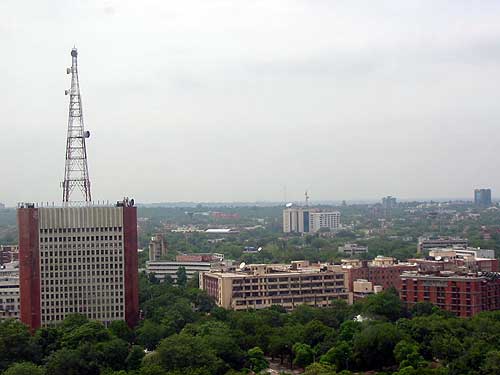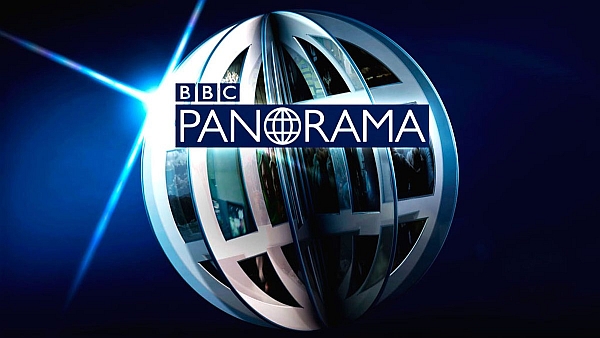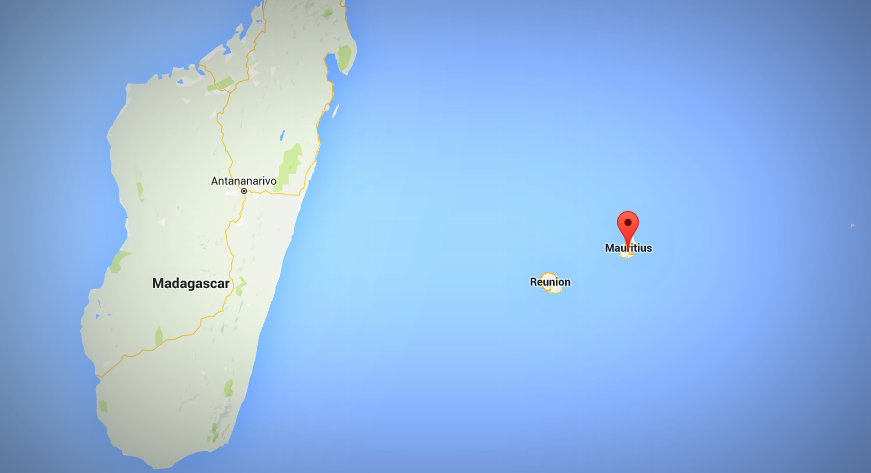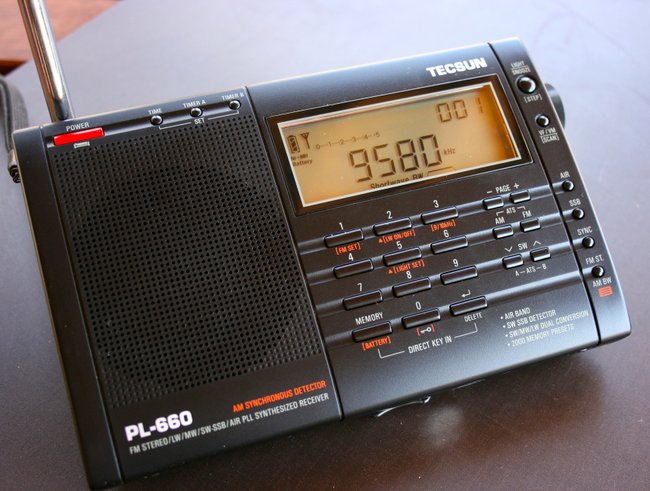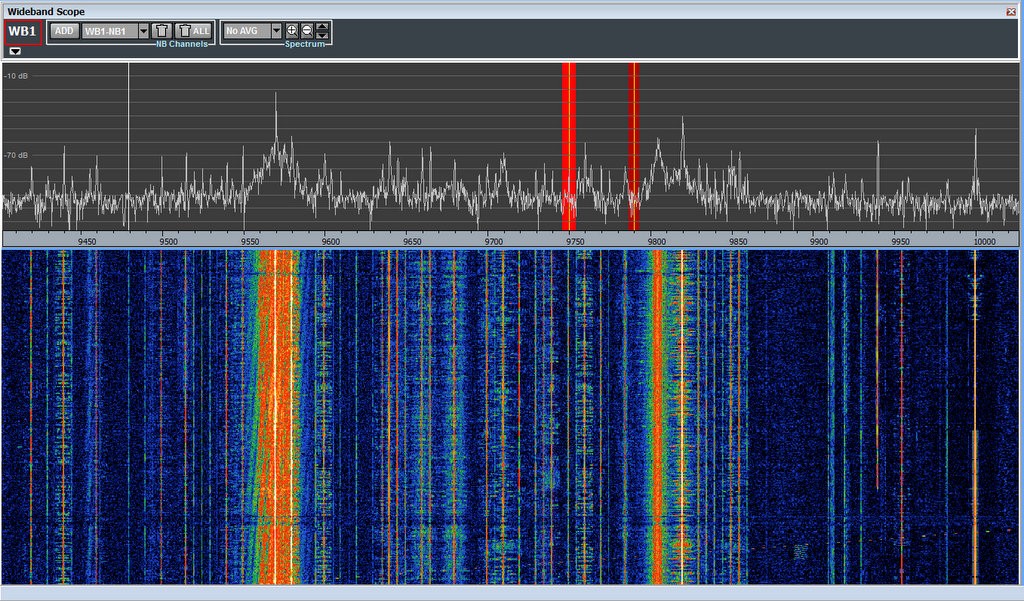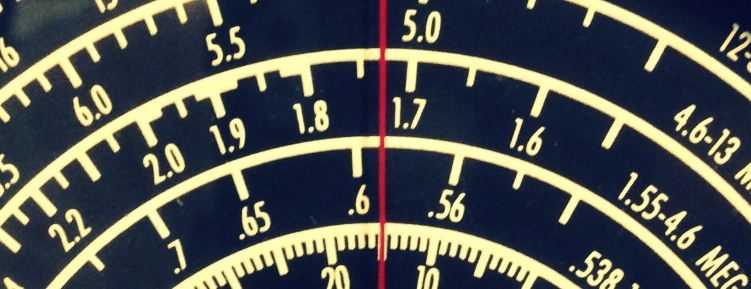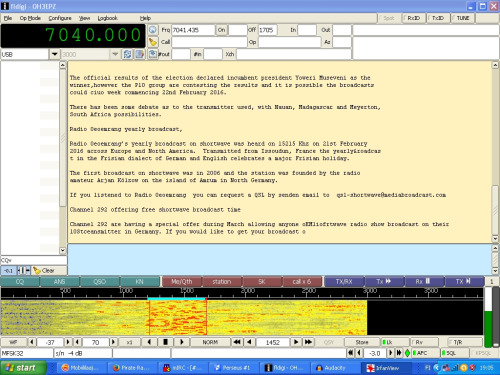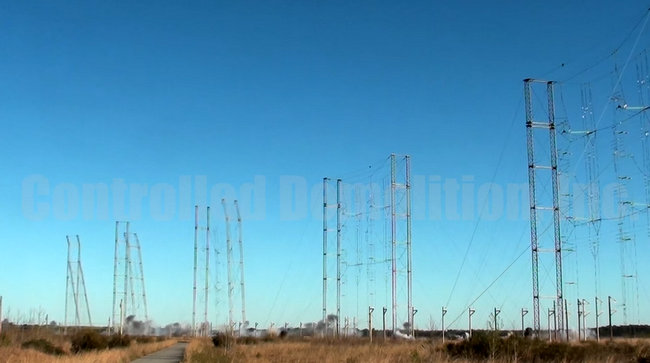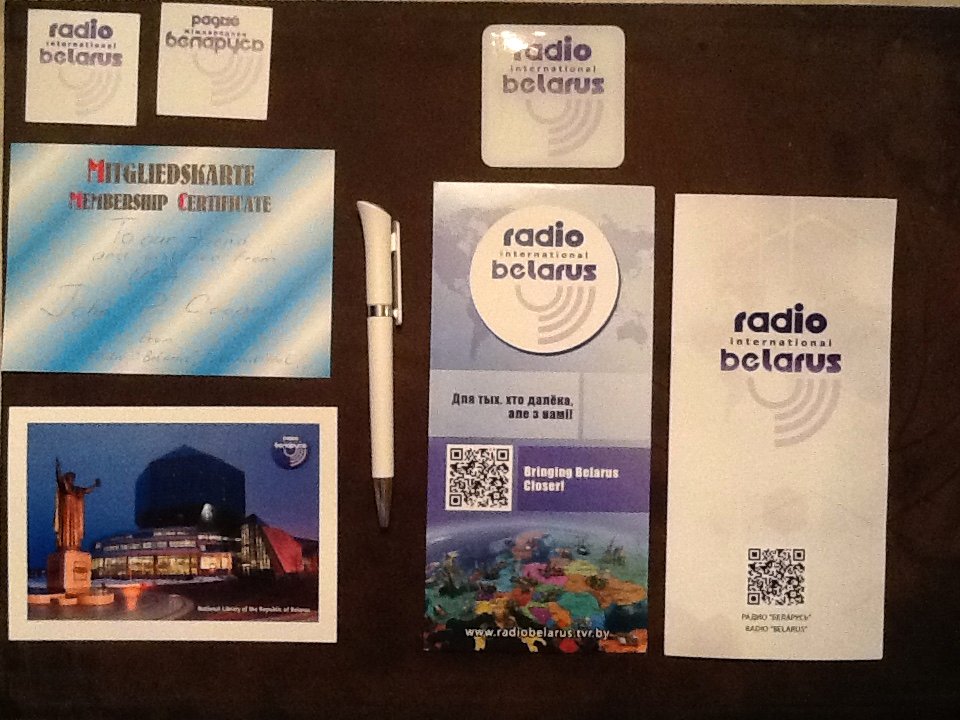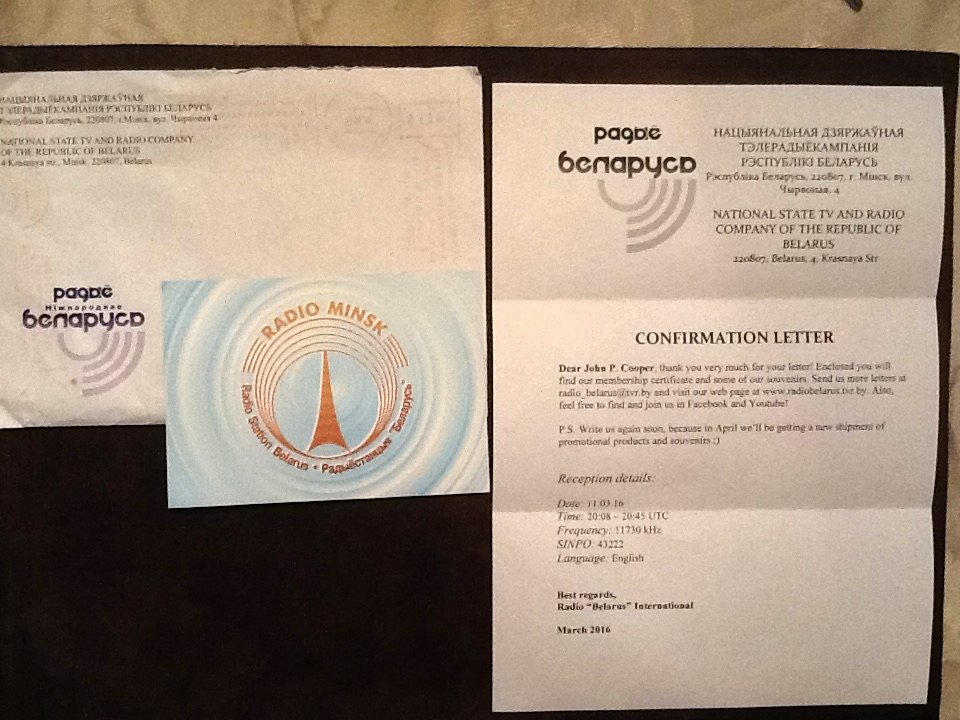(Source: Sunday Guardian Live)
AIR mulls shutting down soft power short wave units
By AREEBA FALAK
The Prasar Bharati Board is contemplating shutting down the short-wave service of the External Services Division (ESD) of All India Radio (AIR) even as a proposal to switch to an affordable internet-based radio service is still under consideration. A section of the board is keen on closing down the short wave service as an exorbitant amount is being spent to maintain the current infrastructure.
“The total budget allocated to ESD is Rs 100 crore annually. Out of this, approximately Rs 95 crore is spent on the maintenance of short wave transmitters, which includes the high cost of spare parts that are not easily available. The remaining Rs 5 crore is spent on the production of programmes in 27 languages, and to pay the salaries of the staff who are hired on a contract basis,” said a senior official in the ESD.
“One would expect to gain a large fan base after spending so much money, but this has not been the case with ESD. Since no survey has ever been done to determine the number of listeners, we cannot give an exact or even an approximate number of people who listen to AIR’s ESD channels across the world. But we know that we have a good following based on the feedback that we receive from people in countries where ESD is being listened to. Our listeners send us postcards or emails from Africa, New Zealand, Australia, Japan, etc. But the following is not in proportion to the money being spent on this service,” said the senior officer.
“The proposal suggests the shutting down of short wave and the service being made web-based. Since internet is far reaching, listening radio live on the web should not hurt our existing fan base. But of course there is the argument that short wave can reach even the remotest corners of the world, which is not the case with internet signals. The shutting down of short wave, without a doubt, will affect the propaganda value of India among its listeners abroad. This is why there are chances that the short wave service might continue in neighboring countries like China, Nepal, etc. Also, India’s edge in a continent like Africa will suffer a blow if the short-wave is to be shut down,” said sources in AIR.
[…]At present, ESD broadcasts 57 transmissions daily, with almost 72 hours covering over 108 countries in 27 languages, out of which 15 are foreign and 12 are Indian. The Indian languages are Bengali, Gujarati, Hindi, Kannada, Malayalam, Nepali, Punjabi, Saraiki, Sindhi, Tamil, Telugu and Urdu. The foreign languages are Arabic, Balochi, Burmese, Chinese, Dari, French, Indonesian, Persian, Pushtu, Russian, Sinhala, Swahili, Thai, Tibetan and English (General Overseas Service).
Read the full news item on the Sunday Guardian Live website…

